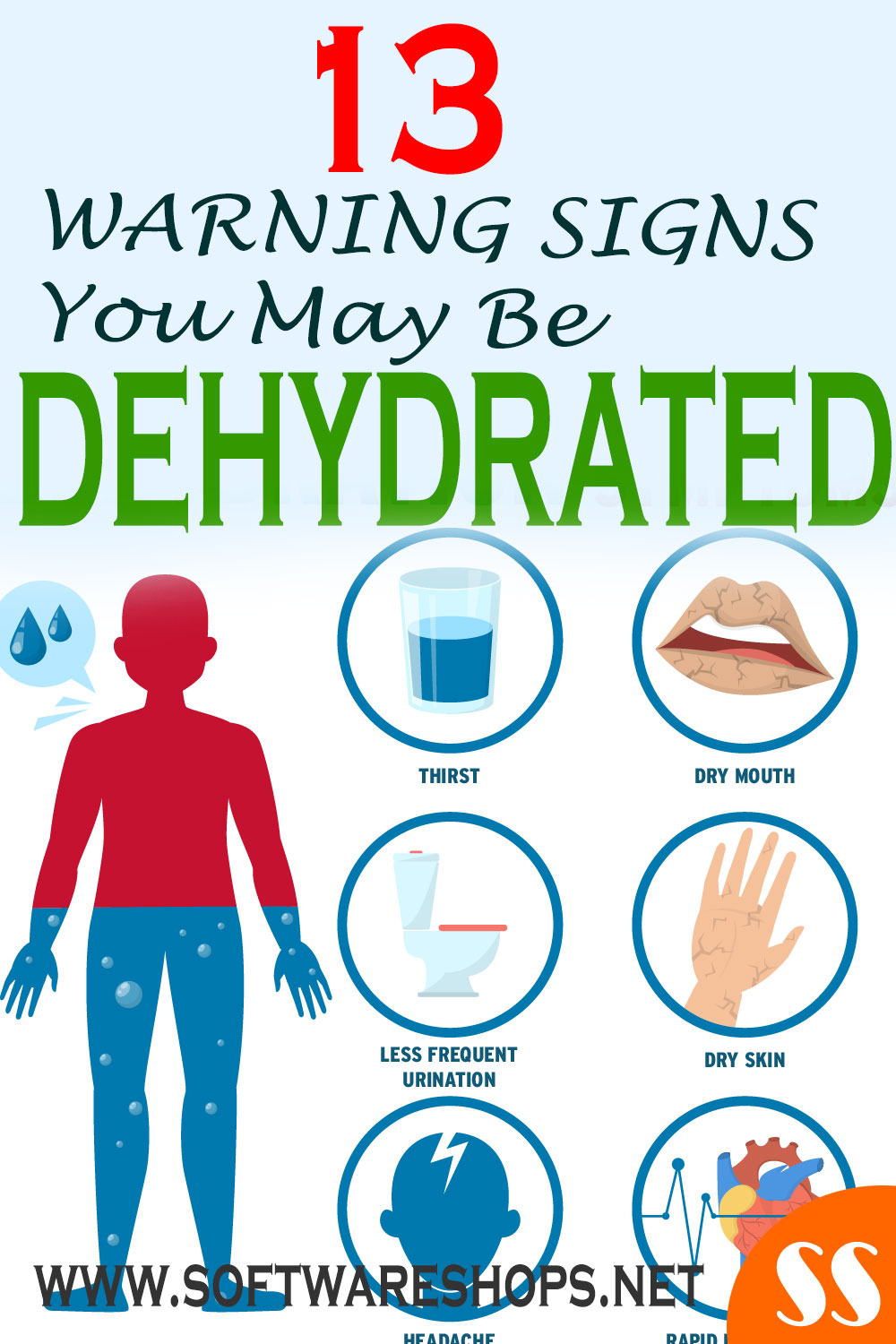Dehydration is the condition in which the body loses more water – whether through sweating, urinating or breathing — than it takes in. When the body needs more water, it lets you know in several ways. 24/7 Tempo rounded up 13 signs your body is dehydrated. Scroll through to learn more.
Dry mouth: Dry mouth, scientifically known as xerostomia, is when the salivary glands don’t make enough saliva, which helps prevent tooth decay, limits bacterial growth, improves digestion and cleans the mouth.
It is a common side effect of certain medications, but very commonly, it is one of the first signs of dehydration. Drinking water often will help keep the mouth moist.
Disrupted sleep: If you find yourself waking up in the middle of the night with no apparent reason, you may need to drink some water.
Even mild dehydration dries out the mouth and nasal passages, which can lead to snoring and hoarseness in the morning, according to the National Sleep Foundation. It’s common to lose fluid during sleep by simply breathing, especially if you breathe through the mouth.
Dark yellow urine: The general rule of thumb is that the lighter the color of your urine, the more hydrated you are. The darker it is, the more dehydrated you are, provided you are not on any medications and are in good general health. This is because fluids dilute the yellow pigments in urine. So if you don’t drink enough water, the yellow color will be more concentrated.
Dizziness: Not enough fluids in the body means the volume of blood in your body goes down. This can lead to a drop in blood pressure, which may result in the brain not getting enough blood and oxygen, leading to lightheadedness and dizziness. The condition of low blood pressure is not always caused by dehydration.
Headache: Dehydration is a very common reason for headaches. Mild or severe headaches, and even migraines, can be triggered by not enough water because then the body doesn’t have enough electrolytes to function properly. Scientists are not exactly sure why dehydration causes headaches. One conjecture is that blood vessels may narrow, making it harder for oxygen and blood to get to the brain, causing a headache.
Rapid heart rate: An increase in heart rate is another sign you might be dehydrated, caused by the fact the body doesn’t have as much blood circulating. Blood volume is lower, and the heart beats faster to compensate, causing an increase in heart rate. This is why you may feel palpitations.
Unusual fatigue: If you sleep well but for some reason always feel tired, the reason could be as simple as not enough water.
The rule of thumb is to have at least two glasses of water every hour, according to WebMD. What’s making you feeling tired may be the fact that your heart is working harder to pump blood to compensate for the loss of volume of blood due to dehydration.
Also, your muscles lack water, so performing any physical tasks can feel like a lot of work. Feeling tired all the time, and maybe drinking a lot of coffee in the afternoon for a quick boost, may also be signs of a serious health problem.
Sunken eyes or cheeks: When the skin under the eyes looks dark, sunken or hollow, you should probably drink some water. Dehydration is a very common cause for sunken eyes. Fluid retention under the eyes may lead to the extra “baggage” and for the skin to become more transparent, letting blood vessels and dark tissue underneath show.
Confusion: Next time you take a few too many seconds to answer a simple question or look at a picture without understanding what you’re seeing, drink some water and try again. A study of the effects of dehydration on cognitive performance and mood among young men showed that even mild dehydration can lead to confusion, decreased vigilance, and poor working memory.
Constipation: Before your doctor tells you to take a laxative, he or she may first tell you to drink a lot of water. It’s key for smooth digestion as it helps keep the food moving through the colon. Not having enough water in the body may result in the large intestine soaking up water from the processed food, possibly resulting in hard stools and constipation.
Sugar cravings: Craving something sweet may be a sign your body needs more water. Dehydration may cause problems for all organs, including the liver, which stores and releases glycogen, or glucose, the sugar your body uses for energy. The body may then crave something sweet for a quick energy boost.
Chapped lips: Chapped lips can be caused by weather or sun exposure, certain medications or cosmetics, as well as some skin conditions. Experiencing chapped lips may also be one of the first signs you’re body isn’t getting enough water. The skin on the lips is very thin and it has no oil. So when the little water it has is lost, the skin is prone to cracking.
